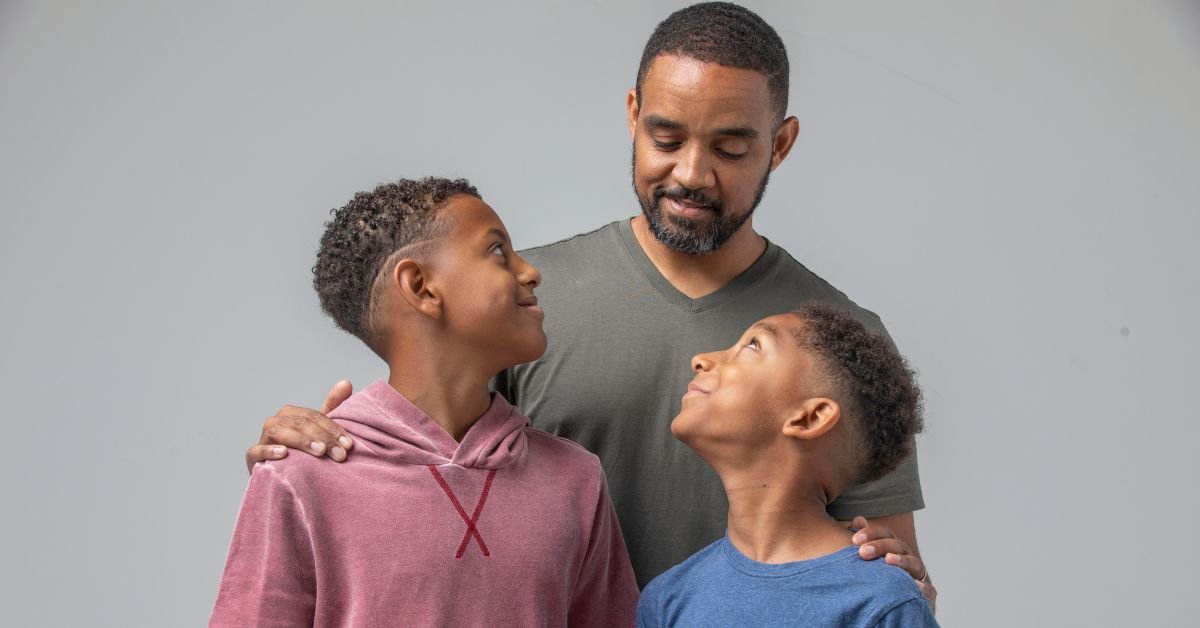Table Of Contents
Ramadan Kareem vs. Ramadan Mubarak: What Is The Difference?
As the holy month of Ramadan approaches, Muslims worldwide exchange greetings to convey their blessings and good wishes.
Among the most commonly used phrases are Ramadan Kareem and Ramadan Mubarak.
While both expressions carry positive and respectful meanings, there is often confusion about their differences and the best way to use them.
This blog will explore the meanings, origins, and proper usage of these beautiful Islamic greetings.
What Does Ramadan Kareem Mean?
Ramadan Kareem (رمضان كريم) translates to “Generous Ramadan.” In Arabic, Kareem means “generous” or “bountiful.”
This greeting emphasises the generosity and blessings of Ramadan.
It is often interpreted as a reminder of Allah’s mercy and the abundant rewards that Muslims receive during fasting and worship.
When someone says Ramadan Kareem, they express that Ramadan is a month of incredible generosity from Allah and encourage others to embrace the spirit of giving, kindness, and charity.
What Does Ramadan Mubarak Mean?
Ramadan Mubarak (رمضان مبارك) means “Blessed Ramadan.” Mubarak comes from the Arabic root barakah, which means “blessing” or “prosperity.”
By saying Ramadan Mubarak, a person wishes that Ramadan brings divine blessings, peace, and happiness to the recipient.
This phrase is widely accepted and used in many Islamic cultures, and it serves as a heartfelt wish for a spiritually fulfilling Ramadan.
Are There Any Differences In Usage?
Although both greetings are commonly used, some scholars and Islamic communities have different views on which phrase is more appropriate:
- Ramadan Kareem emphasises Allah’s generosity, but some believe that only Allah can be described as “generous,” making Ramadan Mubarak a more theologically appropriate greeting.
- Ramadan Mubarak is widely used in Arab and South Asian communities and is considered a traditional and respectful way to extend Ramadan wishes.
- Both greetings are acceptable, and the choice depends on personal preference and cultural background.
Which Greeting Should You Use?
You can use either Ramadan Kareem or Mubarak interchangeably, as both are meant to spread goodwill and blessings during the holy month.
However, if you are in a region where one phrase is more common, it is best to follow local customs.
Regardless of your greeting, what truly matters is the sincerity and good intentions behind your words.
Interesting Trivia
Did you know that some scholars prefer using Ramadan Mubarak because the term Kareem (generous) is traditionally reserved for describing Allah and His attributes? Despite this, both phrases remain widely accepted in Muslim communities.
Conclusion
Ramadan is a sacred time of devotion, reflection, and generosity.
Whether you say Ramadan Kareem or Ramadan Mubarak, greetings are beautiful reminders of this month’s blessings and spiritual growth.
No matter how you express your wishes, the essence of Ramadan is about faith, kindness, and unity.
So, embrace the spirit of the holy month and share your blessings with others!
Want to learn more about Ramadan and Islamic traditions? Check out other articles on our website for more insightful content.
Ramadan Mubarak!






